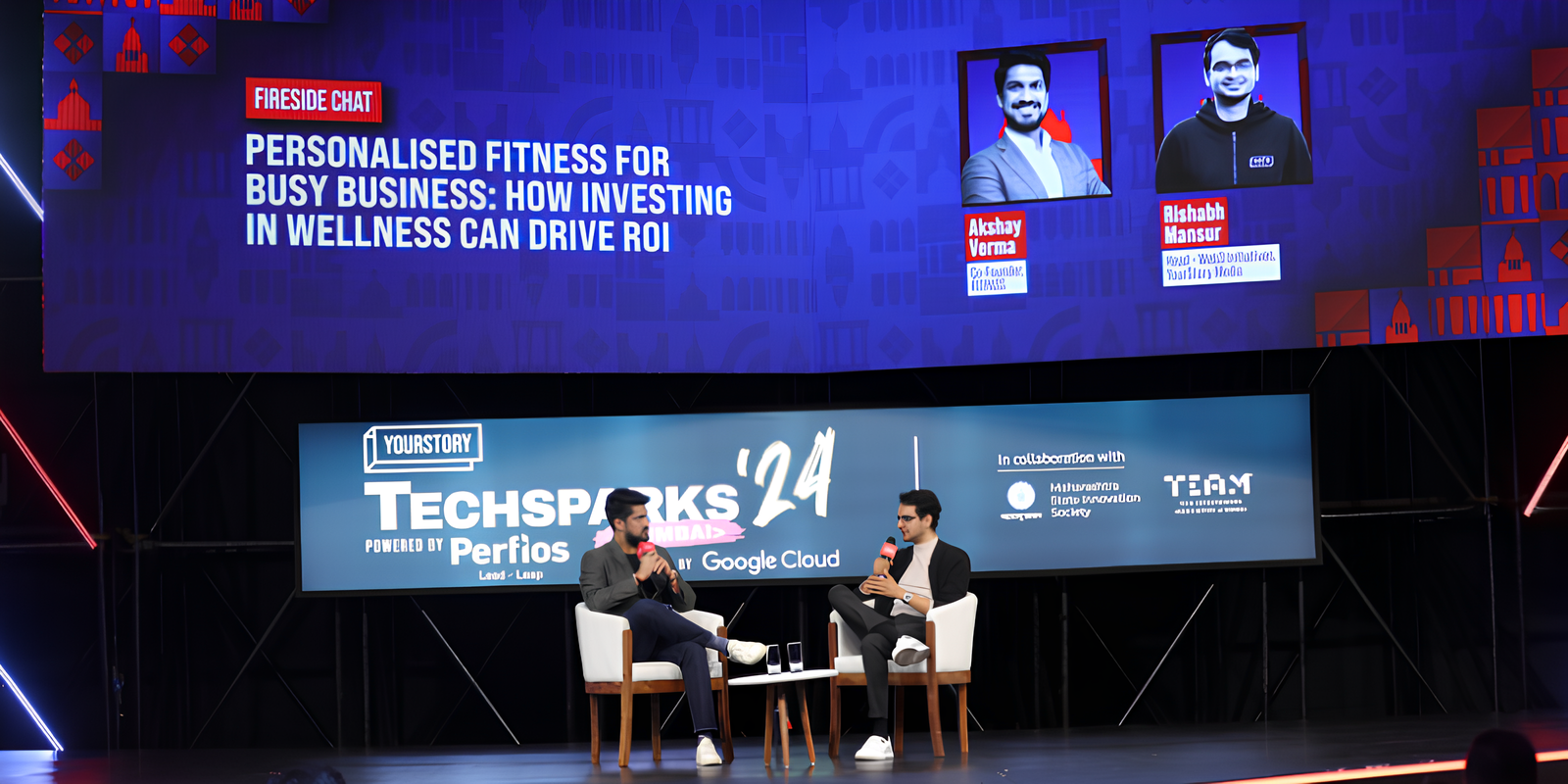Top 10 books of 2023 for entrepreneurs
From the stacks of books received for review this year, here are some of the best titles for entrepreneurs, innovators, and changemakers.
Launched in 2012, YourStory’s Book Review section features over 350 titles on innovation, entrepreneurship, creativity, and digital media. See our earlier lists of ‘Top 10 Books for Entrepreneurs’ from the past eleven years as well: 2022, 2021, 2020, 2019, 2018, 2017, 2016, 2015, 2014, 2013 and 2012.
The selection of our Top Ten Books this year covers startup ecosystems, leadership journeys, social innovation, lateral thinking skills, business chronology, sustainable growth, and founder stories.

Beyond Disruption: Innovate and Achieve Growth without Displacing Industries, Companies, or Jobs, by Renee A Mauborgne and W Chan Kim
W Chan Kim and Renée Mauborgne are the authors of the bestsellers Blue Ocean Strategy and Blue Ocean Shift (see my book review here). In this new book, they suggest that not all innovation has to be disruptive, and offer examples ranging from Grameen Bank and Square to Halloween costumes and IPL. The authors argue that companies can also pursue their growth and innovation strategies in a way that better balances business and society.

Innovating for Social Change: How Wildly Successful Nonprofits Inspire and Deliver Results, by Leah Kraal
This compelling book provides instructive and engaging case studies on social change from a range of nonprofits such as Habitat for Humanity, Worldreader, Mayo Clinic, VOTE, and Elizabeth River Project. The book will be particularly useful for social entrepreneurs, fundraisers, donors, and other professionals in the non-profit ecosystem. The 13 chapters cover a wide range of material: tools for sparking innovative ideas, transforming ideas into action via small experiments, building organisational innovation capacity via creative collaboration, and scaling up by winning over others to the cause.

Open Labs and Innovation Management: The Dynamics of Communities and Ecosystems, by David W Versailles and Valerie Merindol
This scholarly book examines the role of ecosystem engagement in corporate innovation and startup ventures. Open labs include fab labs, living labs, coworking spaces, ‘third spaces’, and other emerging players. The authors show how collaboration and cocreation are needed across dimensions like communities, physical spaces, events, and service portfolios. The five-year study features more than 40 cases (such as Hacking Health, Communitech, TransMedTech, CEA Tech open labs), and provides useful insights and tips for innovators leaders across the spectrum.

Build the Fort: The Startup Community Builder's Field Guide, by Chris Heivly
It is not just companies but ecosystems that compete with each other. In this useful guidebook, MapQuest co-founder Chris Heivly shows how cities and regions can create effective startup communities. Asset frameworks described include actors, activities and attitudes. Key stakeholders are incubators, accelerators, angel networks, coworking spaces, and mentor networks. The author identifies four levels of maturity of a startup ecosystem: nascent, developing, emerging and leading, along with metrics and measures.

The Leader's Guide to Lateral Thinking Skills: Unlock the Creativity and Innovation in You and Your Team, by Paul Sloane
Tips and examples for individual and organisational creativity are well-described in this engaging book, which describes lateral thinking as a problem-solving approach using indirect and creative standpoints. See my book review here, as well as review of this author’s earlier book, The Leader’s Guide to Lateral Thinking Skills. Case studies are provided from companies such as Ikea, Google, Zappos, Lego, Mercedes-Benz, Swatch, and the Tata group.

Hidden Potential: The Science of Achieving Greater Things, by Adam Grant
In his trademark blend of storytelling, research and insights, this bestselling author shows that progress depends not just on how hard you work but how well you learn. Growth is not only about the genius you possess – it is about the character you develop. See my reviews of his earlier books Originals and Think Again. The author, an organisational psychologist at Wharton, provides resources on character skills development, sustaining momentum, and organisational systems. Within organisations, creativity tips are provided such as nurturing safe environments for idea-sharing and learning from mistakes.

The Unicorn Quest: India Learns to Start Up, by Archana Rai
This book covers the rise of the startup movement in India in three phases: 2006-2012 (ecommerce, gig economy), 2013-2018 (fintech, entry of big money), and 2019-2022 (digital transformation, the Bharat story). Founder stories of prominent startups are woven along with a broader narrative of India’s economic growth. The last chapter is aptly titled ‘Big Dreams and Doubting Thomases’. The book will be valuable for founders, investors and entrepreneurship educators.

Back to Bharat: In Search of a Sustainable Future, by Nagaraja Prakasam
Spread across 400 pages, this hefty book is a combination of investor story, entrepreneurship advice, chronicle of India’s startup journey, and tips for policymakers and founders. The 16 chapters are grouped in three sections covering social enterprise, environmental crises, global opportunity, national strategy, and financial models. Profiled organisations include Association for India’s Development, NSRCEL, Sattva, IAN Impact, Uniphore, Nativeland Foundation, KisanMitr, Lumiere Organic, Saahas Zero Waste, and GoCoOp.

Startup to Proficorn: A Private, Bootstrapped, Profitable, and Highly Valuable Venture, by Rajesh Jain
Not all startups need external funding from investors – they can grow from customer revenues alone, as explained by Rajesh Jain, who has been an entrepreneur for over three decades. Hard-earned lessons from his ventures IndiaWorld and Netcore are shared in a storytelling format. He defines a ‘proficorn’ as a private, bootstrapped, profitable, and valuable venture (worth $100 million). The 16 chapters cover his experiences learned in ideation, team building, revenue generation, managing growth, creating a flywheel, and learning from failure.

Unboxing Bengaluru: The City of New Beginnings, by Malini Goyal and Prashanth Prakash
Bengaluru has emerged on the global stage as a shining example of tech prowess, business model creativity, and favourable policy environment. This book dips below the surface to unearth the dynamics of founder communities, startup couples, parallel services economy, and migrant influx. The city is simultaneously science city, startup city, and pub city–but faces challenges in infrastructure and planned growth. The authors call on all Bengaluru residents to take greater initiative in cocreating a better future for the city, state, nation, and broader society.
We look forward to your comments as well as your suggestions for books to review in 2024. All of us at YourStory wish our readers and partners a happy holiday season and a terrific year ahead – may a million successful startups bloom!
YourStory has also published the pocketbook ‘Proverbs and Quotes for Entrepreneurs: A World of Inspiration for Startups’ as a creative and motivational guide for innovators (downloadable as apps here: Apple, Android).
Edited by Megha Reddy











